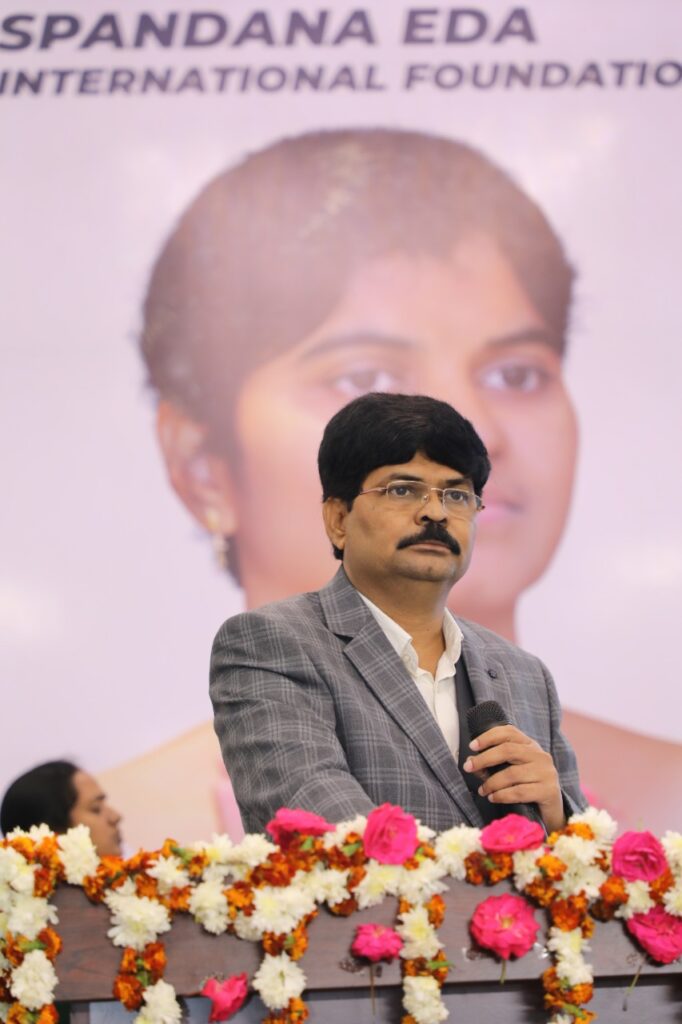Rama Krishna Sangem
Two latest judgments by the Supreme Court this week gave a boost to the states, which have been fighting for more powers from the Centre. The SC ruling on release of AG Perarivalan, a convict in the Rajiv Gandhi assassination case and another on the states powers to legislate on GST are these two verdicts. Some people are trying to juxtapose these two judgments and interpret that the SC is pro-states or pro-federalism these days.
But, that may not be the case. There is some similarity in not only the spirit but also tone and tenor of apex court’s judgments. Both are quite unrelated. Still in both the cases, states have felt happy that their stand has been vindicated. Ever since PM Narendra Modi led BJP government at the Centre has stared flexing its muscle as far as the Centre-state relations are concerned, states, mostly opposition ruled ones, are crying foul.
Let’s take the first verdict. Both the arch rivals of Tamil Nadu politics – DMK and AIADMK – have sought the release of Perarivalan, who was first sentenced death penalty and then life imprisonment in the case of Rajiv Gandhi assassination, at Sriperumbudur, near Chennai, on May 21, 1991. First then CM Jayalalithaa promised to release Perarivalan, a death row convict and other convicts in the case.
Precisely, during the time, SC commuted the death sentence of Perarivalan, Santhan, Murugan, other convicts. However, then Congress led UPA government stalled the move, by moving the top court. Since then, both AIADMK and DMK have taken this as a prestigious issue and started efforts to release them. In 2016, CM Jaya wrote to the Centre seeking release of Perarivalan and six other convicts in the case. But the Centre did not agree.
In 2018, Edappadi Palaniswamy headed AIADMK government under Article 161 of the Constitution sent a Cabinet resolution recommending release of Perarivalan. Governor Banwarilal Purohit sat on that. The issue finally reached the President in 2021. All the Dravidian parties ran campaigns seeking release of all seven convicts. The SC on May 18, Wednesday ruled that the Governor cannot sit on a state Cabinet resolution under Article 161.
Now, CM Stalin found a way to secure release of other six convicts too. He will do it through the same route of Article 161. Now, neither Governor nor President cannot sit on the recommendation of a state Cabinet. The SC judgment is a law in our country. Congress party has opposed release of Perarivalan, though Rahul Gandhi and Priyanka have long ago pardoned the convicts of the killers of their father.
In GST judgment on May 19, Thursday, the SC placed both Centre and states on equal pedestal as far as their power to pass on laws taxes. Article 246 (a) says it: “Notwithstanding anything contained in Article 246 and 254, Parliament and the Legislature of every state have powers to make laws with respect to goods and services imposed by the Union or by such state”.
While Union Revenue Secretary Tarun Bajaj said that there was nothing to stop the present GST laws, he indicated that the Centre would certainly study the judgment and take a proper legal view. On the other hand, Tamil Nadu, Kerala and Chhattisgarh finance ministers have welcomed the SC verdict. TN FM P Thiaga Rajan said: “Tthe judgement would uphold the rights of states and promote cooperative federalism”.




Absolutely